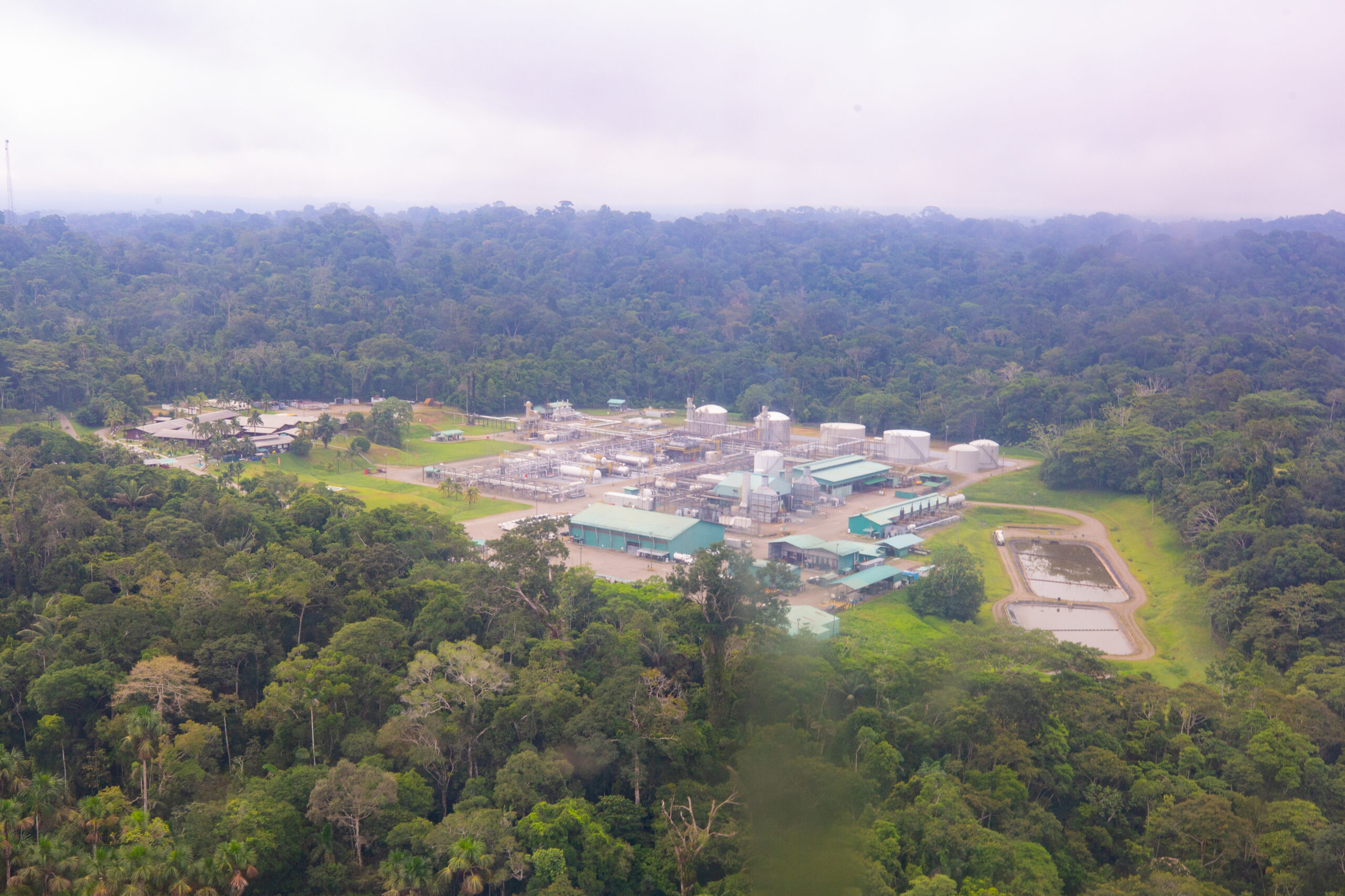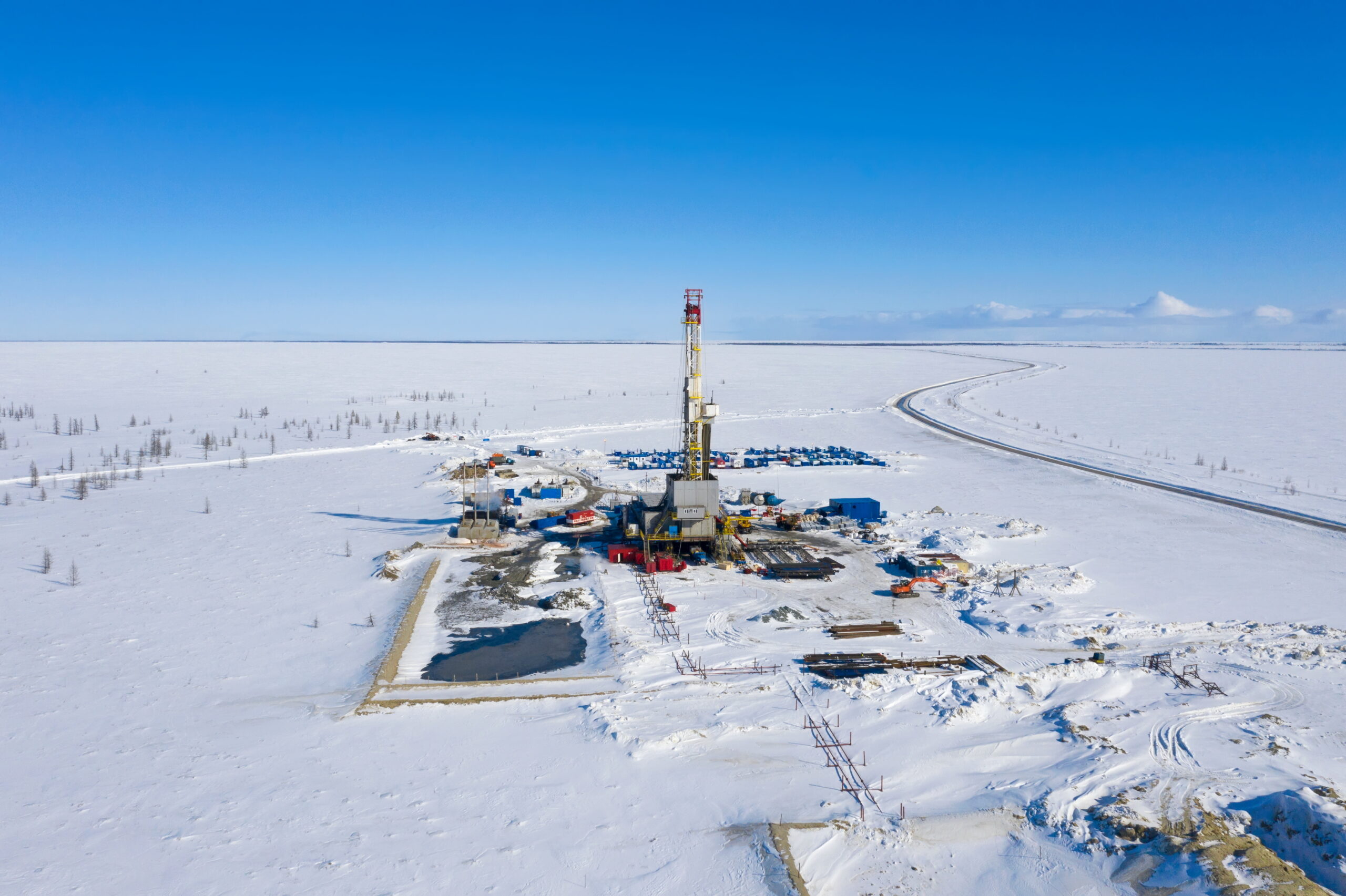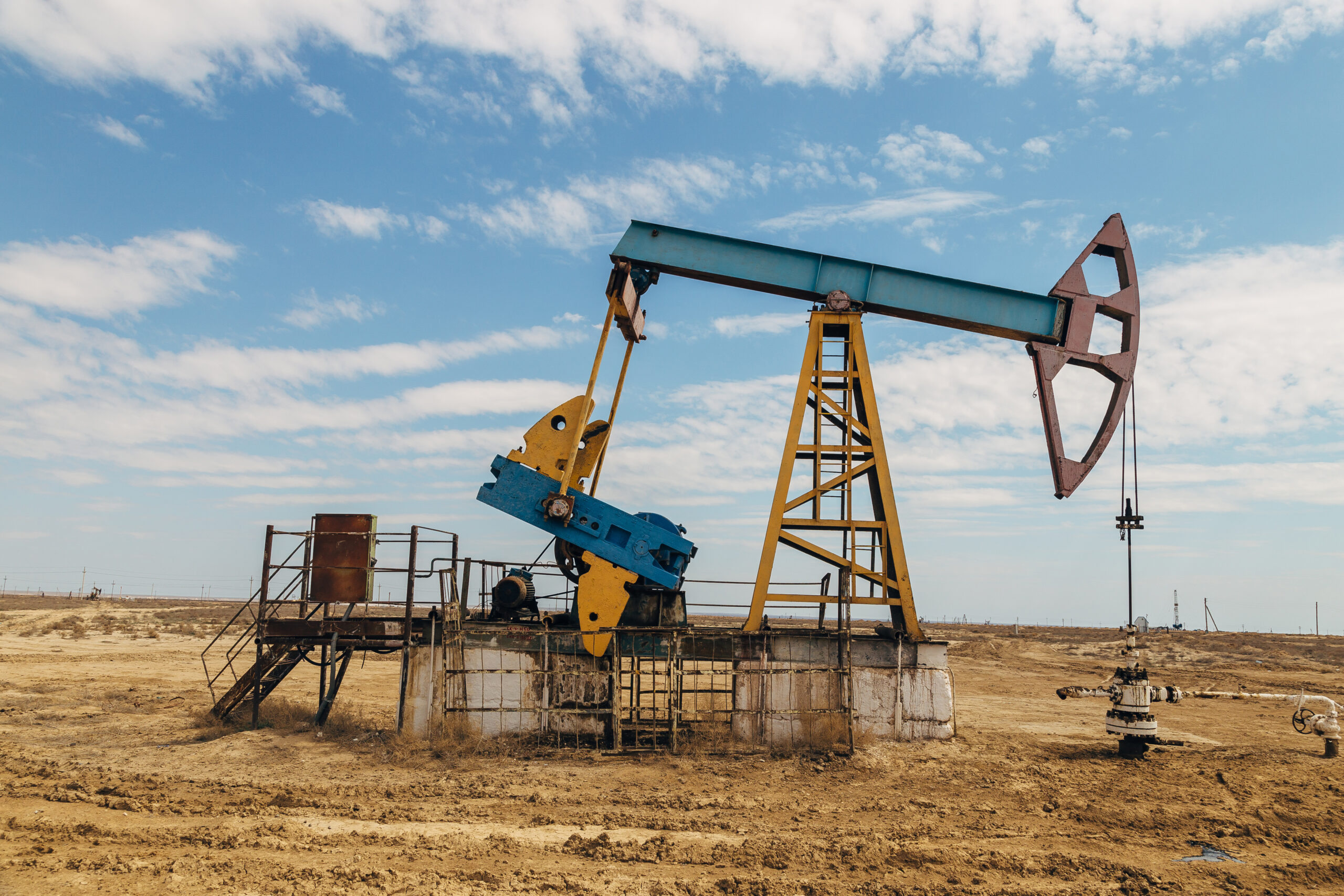Oil
Members should not invest in new upstream infrastructure in new oil or gas fields, said the Net Zero Asset Owner Alliance, a group of 85 international institutional investors.
Against a backdrop of the U.S. dollar crisis, state-run Bangladesh oil and gas firm Petrobangla is having trouble meeting its payments.
Biofuels in India are being pushed by the Modi government but experts say its plan to substitute 20 percent of gasoline with ethanol could be a shortsighted approach to energy security in the water-scarce nation.
Two patches of oil-producing acreage operated by PetroEcuador in the Amazon jungle of eastern Ecuador shed light on the growing political and environmental risks of extracting fossil fuels that account for the bulk of the country’s export revenue.
The Nigerian president has announced new oil refining and exploration projects despite climate pledges made at COP27.
The Keystone spill in Kansas is the latest in a history of accidents for the beleaguered pipeline.
A new oil export terminal in Texas given the go-ahead by President Biden could significantly expand U.S. oil export capacity.
Equinor is putting the Wisting oil project on hold amid rising costs, raising questions over the future of similar Norwegian oil and gas projects in the Arctic.
Gas flaring, routinely carried out by companies producing oil in Nigeria, poses a significant hazard to the health of those exposed to it, especially children.
Brazil’s president-elect Luiz Inácio Lula da Silva wants to reassert some form of state control over motor fuel prices and steer state-run Petrobras back into refining, but analysts say he will have limited political and economic scope for major near-term fossil fuels policy changes.
The UK government recently announced it was reopening oil and gas licensing in a bid to boost domestic production amid an escalating energy crisis.
Tensions between the U.S. and Saudi Arabia have been building, but the Biden administration has now said it will “re-evaluate” the entire relationship following OPEC+ cuts.
Researchers have found that climate scenarios published by oil companies often lack sufficient scope in terms of emissions accounted for, timeframes and data transparency.
Most of the capex rises that have been announced this year will go to hydrocarbon rather than renewables investments.
Lower valuations for green companies are creating opportunities for oil and gas companies to fulfil transition objectives through acquisition. Purchases are on the rise.















